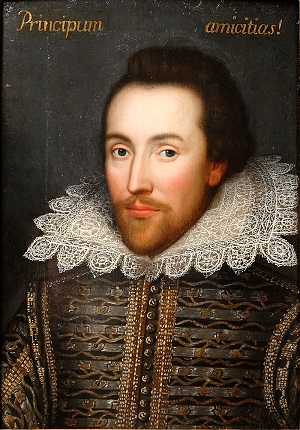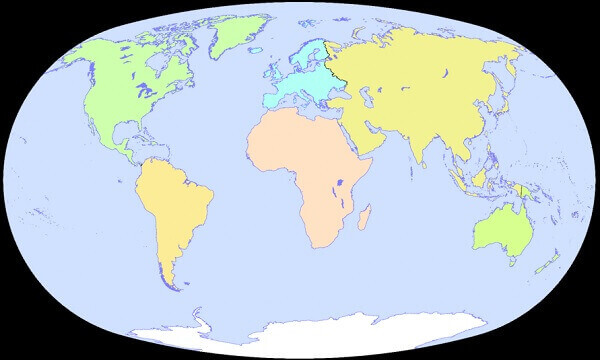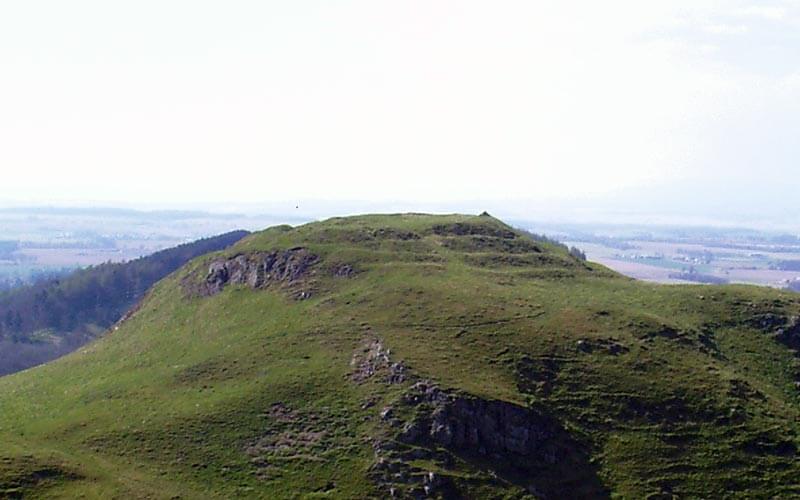Activity 1: Recite the Story Information
- Before and after reading or listening to the story, recite aloud the title and author of the play.
Activity 2: Narrate the Story
- After reading or listening to the story, narrate the events aloud in your own words.
Activity 3: See the Playwright and Poet William Shakespeare
- Study the controversial 'Cobbe portrait' below, which may be a real-life portrait of Shakespeare.
- The portrait contains the Latin phrase 'Principum amicitias!' which means 'The alliances of princes!'
Activity 4: Map the Play
- The play takes place in the country of Scotland. Find Scotland (UK - Northern Part of Larger Island) on the map of Europe.
- In the story, English soldiers march on Dunsinane Hill. Find England (UK - Southern Part of Larger Island) on the map of Europe.
- Also in the story, Generals Macbeth and Banquo defeated a Norwegian King. Find Norway on the map of Europe.
- Point to the locations of Scotland, England, and Norway on the map of the world.
Activity 5: Study the Real Dunsinane Hill in Scotland
- Find the woods in the distance.
- Imagine the English soldiers marching up the hill under tree boughs held aloft for camouflage.
Activity 6: Can You Find It?
During the week, zoom in to study the painting, 'Macbeth and Banquo Meeting the Witches on the Heath,' by Theodore Chasseriau. Find the following:
- Macbeth (brown horse)
- Banquo
- 3 Witches
- 3 Beards
- 2 Helmets
- 2 Shields
- 2 Bridles
- 2 Sets of Reins
- Stirrup
- 2 Billowing Capes
- Mace
- Pike
- The Heath
- The General Prophecized to Become the King of Scotland
- The General Prophecized to Be the Father of Kings
Activity 7: Cast the Characters

- Serve as the casting director and audition actors and actresses for parts in your play.
- Reuse the same laminated actors and actresses you employed for prior plays.
- Color, cut out, laminate, and attach the names of the characters found on page 30 of 'Fourth Grade Shakespeare Theater Pages.'
- Using what you know from reading the story, cast each character by Velcroing a label to the box under the actor or actress you feel is best suited for the role.
Activity 8: Create a Character Map

- Cut out the relationship connectors on page 30 of 'Fourth Grade Shakespeare Theater Pages.'
- Using what you know from reading the story, place the relationship connectors between the characters to show their relationships.
 Beautiful Stories from Shakespeare II
Stories from Shakespeare II
Beautiful Stories from Shakespeare II
Stories from Shakespeare II

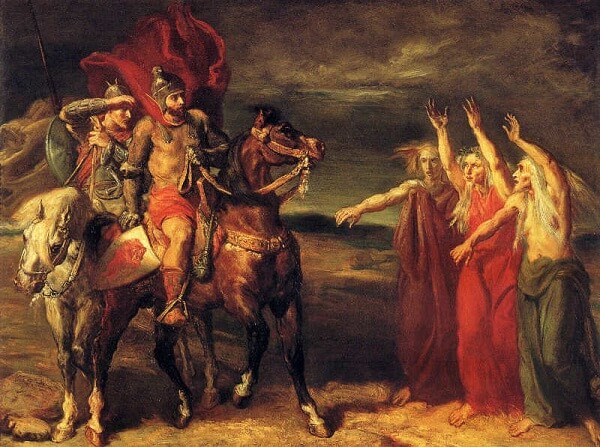
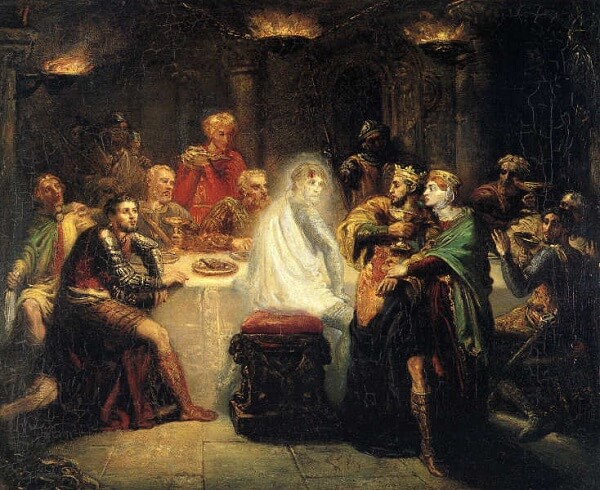
 Beautiful Stories from Shakespeare II
Stories from Shakespeare II
Beautiful Stories from Shakespeare II
Stories from Shakespeare II

